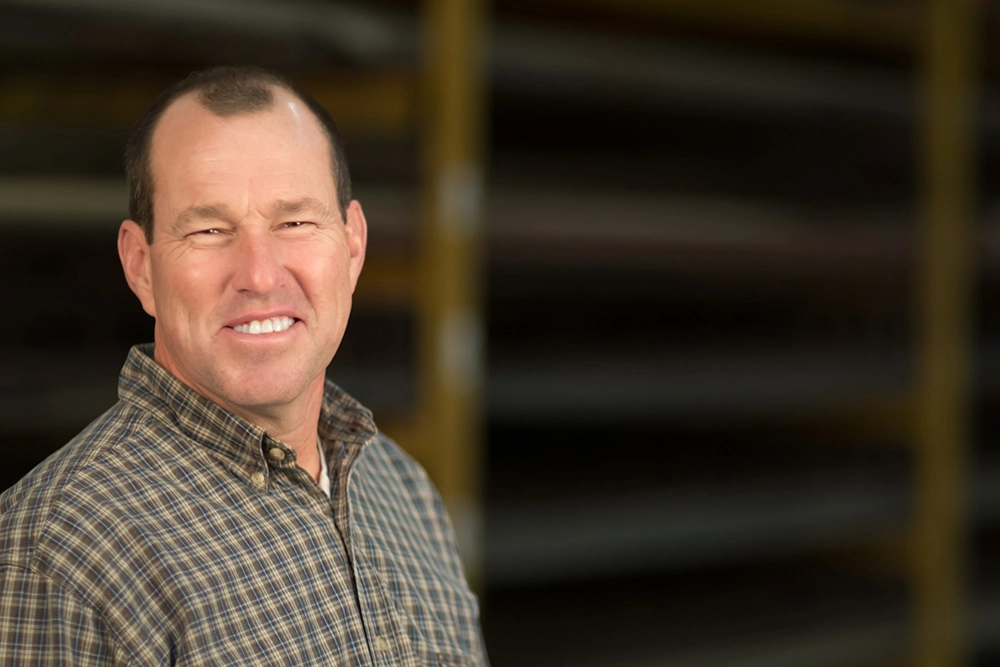Greg Swanson on Change in the Construction Industry
Greg’s expertise and collaborative approach will be missed at Opus. Before leaving, he shared insights from his long career on key areas of change.

Greg Swanson wraps up his 40-year career with Opus this month. Greg began as a Laborer on the line tending masons, pouring concrete and working with his hands on carpentry projects and leaves us as a Field Coordinator, making the connection between the field and the office during the construction of our buildings. He stepped into his current role in 2015, working on projects in Minnesota, Colorado, Kansas, Iowa and Arizona.
Greg's expertise and collaborative approach will be missed at Opus. Before leaving, he shared insights on change from his long tenure.
You've seen so much change over the span of your impressive career. It seems that we can break those changes down into a few categories: technology and equipment, industry culture and construction workers.
Let's start with technology and equipment. What has been the single biggest change in this category? What do you think has helped?
Three items come to mind with the changes in technology and equipment. Personal protective equipment and safety procedures when I began were adequate, but now they have been designed and engineered to ensure the health and wellbeing of the workers. No longer are we just told to be careful. The advancement of unique hoisting equipment and elevated work platforms have allowed us to access greater heights safely and efficiently.
Communication tools have advanced greatly. Years ago, information was shared through paper drawings and oral communication which required couriers to transfer the materials. The use of computers and smart phones have allowed the information to be expedited between the office and the field which has allowed us to have real-time collaboration.
What do you think has hindered?
Although instant communication tools have been a bonus, the interpretation of an email's content can be misinterpreted. When stakeholders would gather to brainstorm and problem solve, we were able to identify the perspective and intent of each member's thought processes and jobsite constraints. With the advancement of equipment technologies and safety awareness, many labor hours are needed to train and stay current to the industry standards as opposed to executing the work processes.
What has been the greatest evolution in the culture of our industry?
The diversification of the workforce has been the greatest cultural change that I have seen in our industry over my 42 years. Construction was almost exclusively male dominated. Finding the right person for the right position based on their abilities regardless of their age, gender or race has added greater value.
What do you think has helped?
With a more diverse workforce, the tool manufacturers have designed ergonomic equipment that is lighter weight and more durable to accommodate the differences in people's size and stature. An example from when I began construction, a 90# jackhammer commonly used to remove concrete would exhaust even the strongest worker. Today, a 30# jackhammer has the same ability for the job and is ergonomically designed to not fatigue the worker.
What do you think has hindered?
The lack of diverse leadership in field operations may be missing an opportunity to positively influence the growing diverse workforce that we see in most field operations. The industry still struggles with language barriers and cultural norms.
How have construction workers evolved? What has had the greatest impact on the workers?
The evolvement of construction workers is evident by how well informed of the industry they are, and how they understand what is expected of them. The typical construction worker takes pride in what they build and want to do well and create value every day and be recognized for their efforts. They want to work for leaders that have a well-thought out plan with a good chance for success.
What are a couple key advancements that you've experienced?
Over my career I have seen countless advancements in the industry. Some of the things I've experienced are: opportunities for a more well-trained and experienced workforce, higher quality building materials, energy-efficient systems, building science techniques, ergonomic concrete form systems, 3-D modeling, field technology integration, new and unique safety systems, better environmental impact awareness and modular components.
What do you think is the greatest opportunity to develop or improve the industry further?
I see a great opportunity to commit to partnerships between trades and management early in the process. This would allow collaboration and constraint resolution that could add value to our industry. Subject matter expert engagement is paramount to work thru logistical hurdles and gain commitments to joint success in a timely manner.
What advice do you have for someone just starting out in this profession?
I would advise newcomers to the trade to pay attention to as much as you can, work diligently and offer to help others to make their job successful. If you are proactive in your efforts, there are many who have great insight and tenure that are willing to share their knowledge, past experiences or point you to other resources.
And what encouragement do you have for those in the last 10 – 15 years of their construction career, especially those who might be struggling with the pace of change and staying relevant?
I would encourage them to continually expand their knowledge of the industry to stay current with trends. That knowledge adds value over time as others are growing, too, and are eager to advance alongside us.
You've not only adapted to change; you seem to embrace and champion it. What has helped you over the years to be adaptive to all this change?
I've always wanted to do things well and create value. I've managed many unique projects during my tenure at Opus where I've faced challenges. At Opus, Gerry Rauenhorst's model was to look for “A Better Way." Those experiences have taught me to keep my eyes open for new technologies, products, tools and people to foster this success. I've made efforts to continually educate myself and stay informed on new trends and practices. This has been a blessing to work alongside many individuals who I'm grateful for sharing their tremendous talent and time with me.
***
We appreciate Greg sharing his tremendous talent and time with us for this blog post and his career!
Article Type: Blog Post
Topics: Design-Build Process | Minneapolis | People


